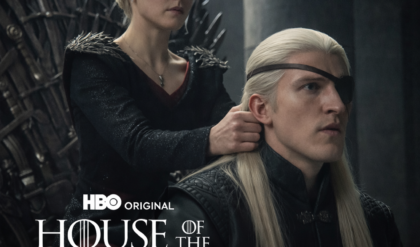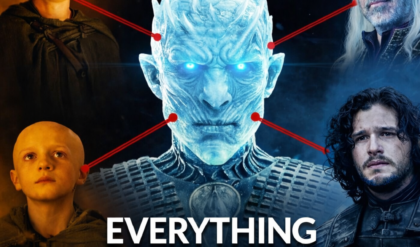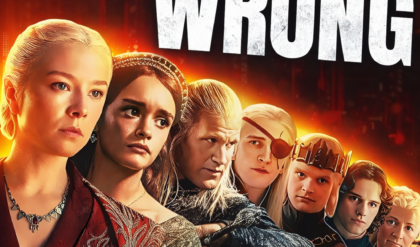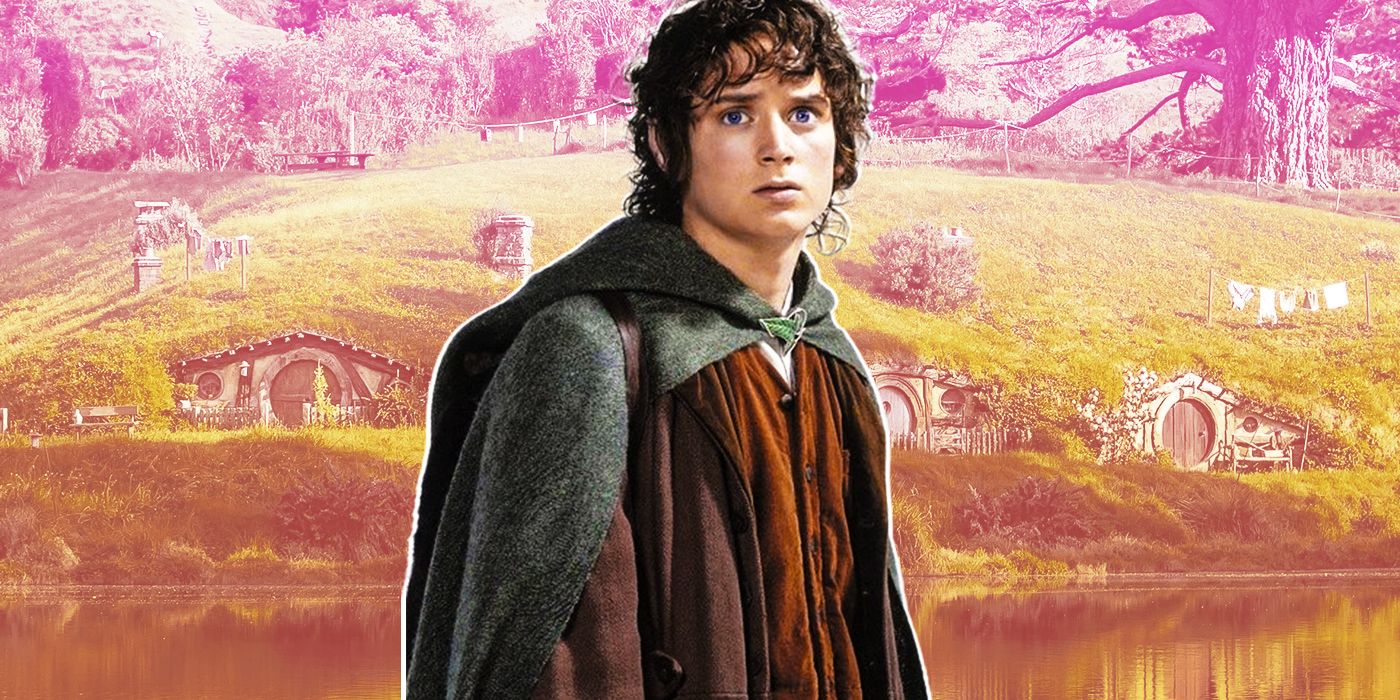
The name Frodo didn’t appear in the early stages of the character’s name until much later in the writing process. Furthermore, his name was a long way from Frodo, and his character would have implied a character change more familiar to another loved Hobbit character. It’s clear that Tolkien’s process for parsing out names and characters wasn’t as clean and orderly as the finished books would have readers think, and these early drafts of Frodo’s character are some humbling proof of that.
Bingo Was His Name…Oh
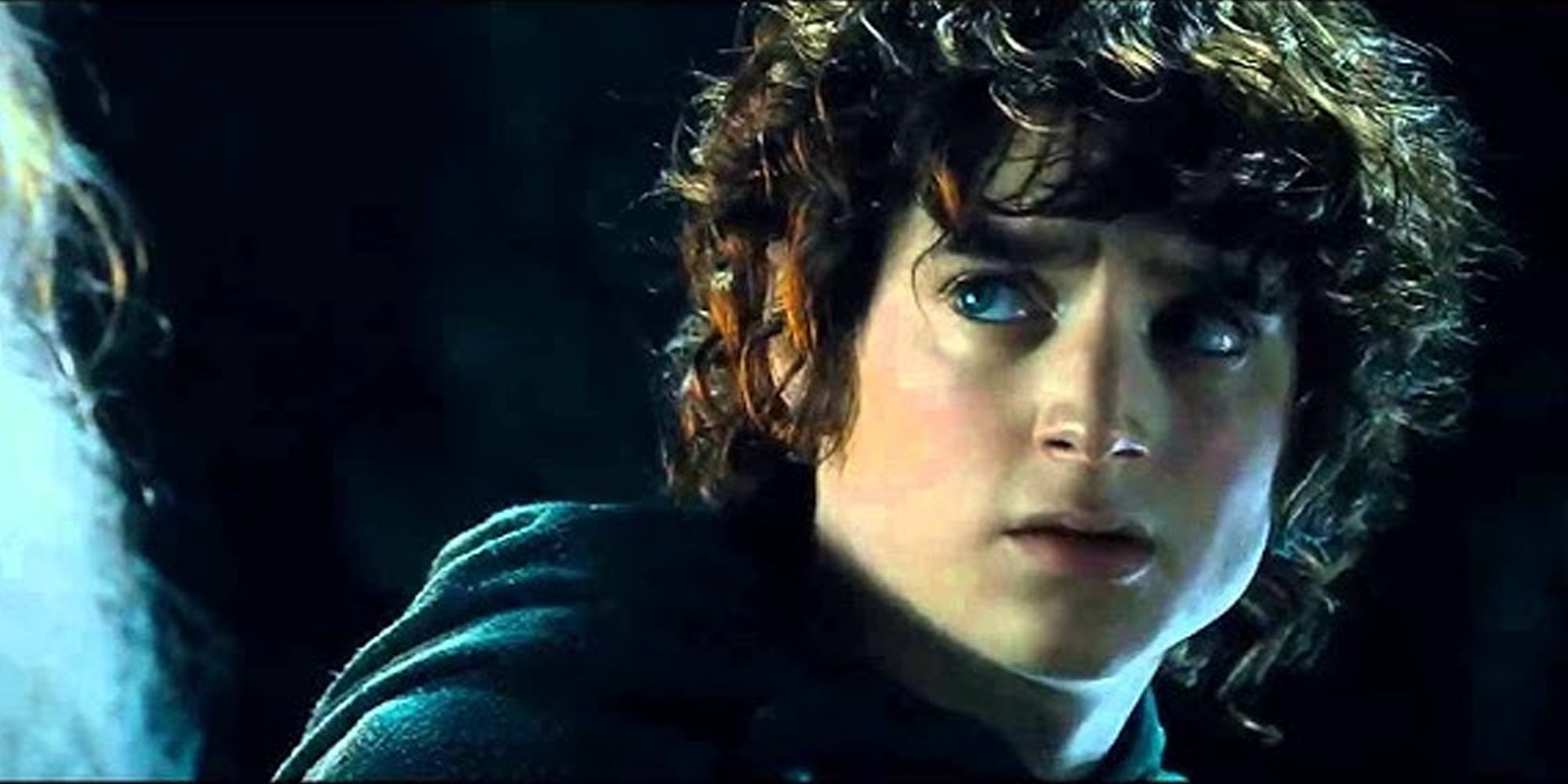

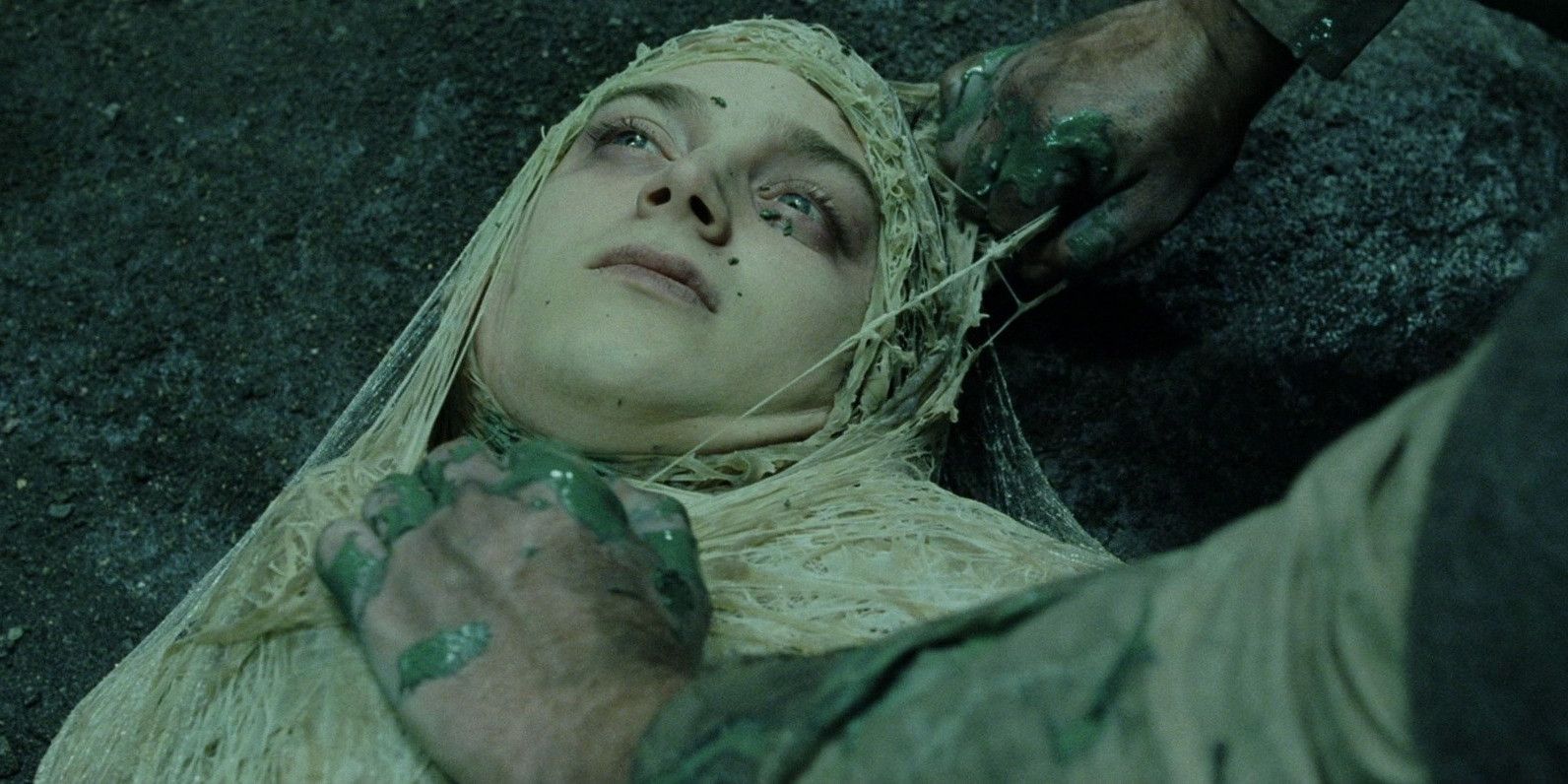
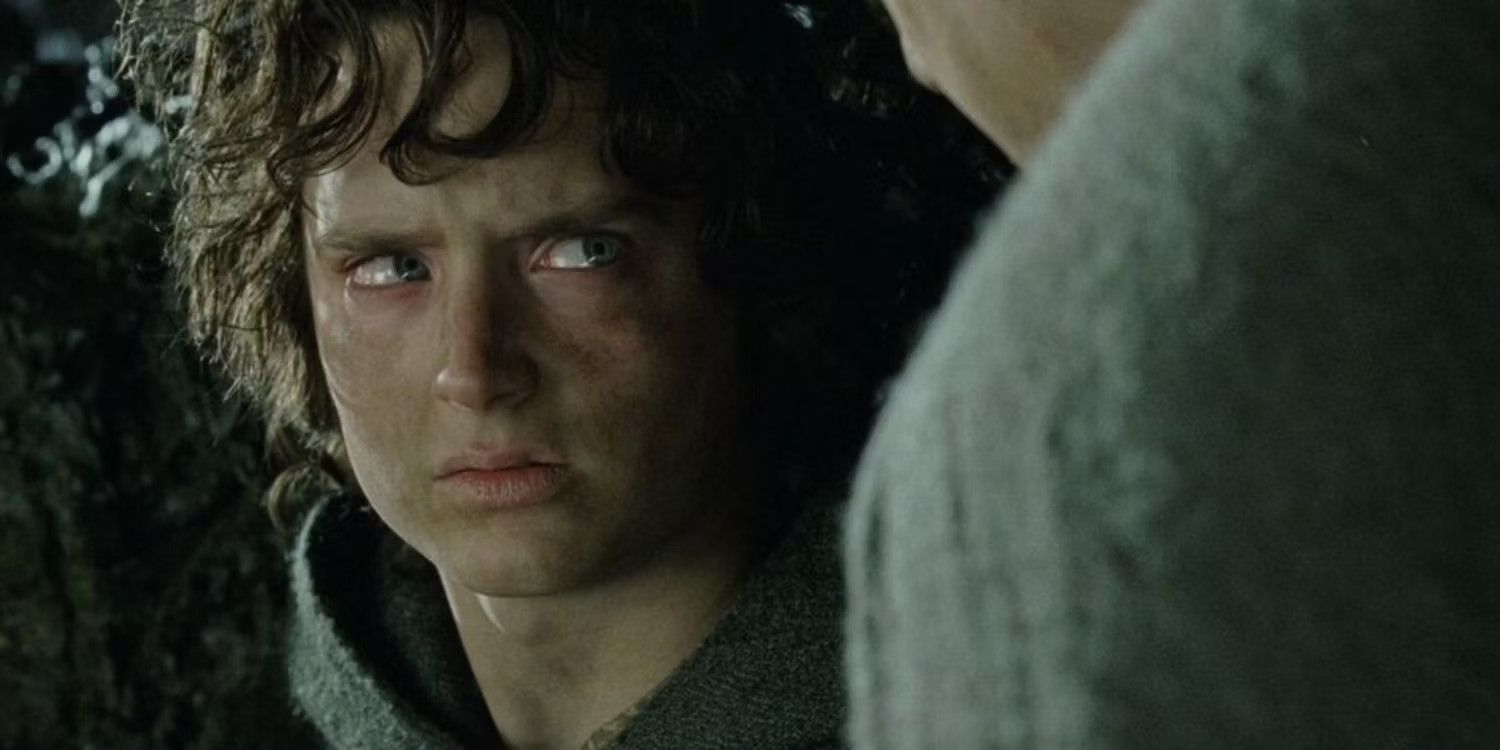
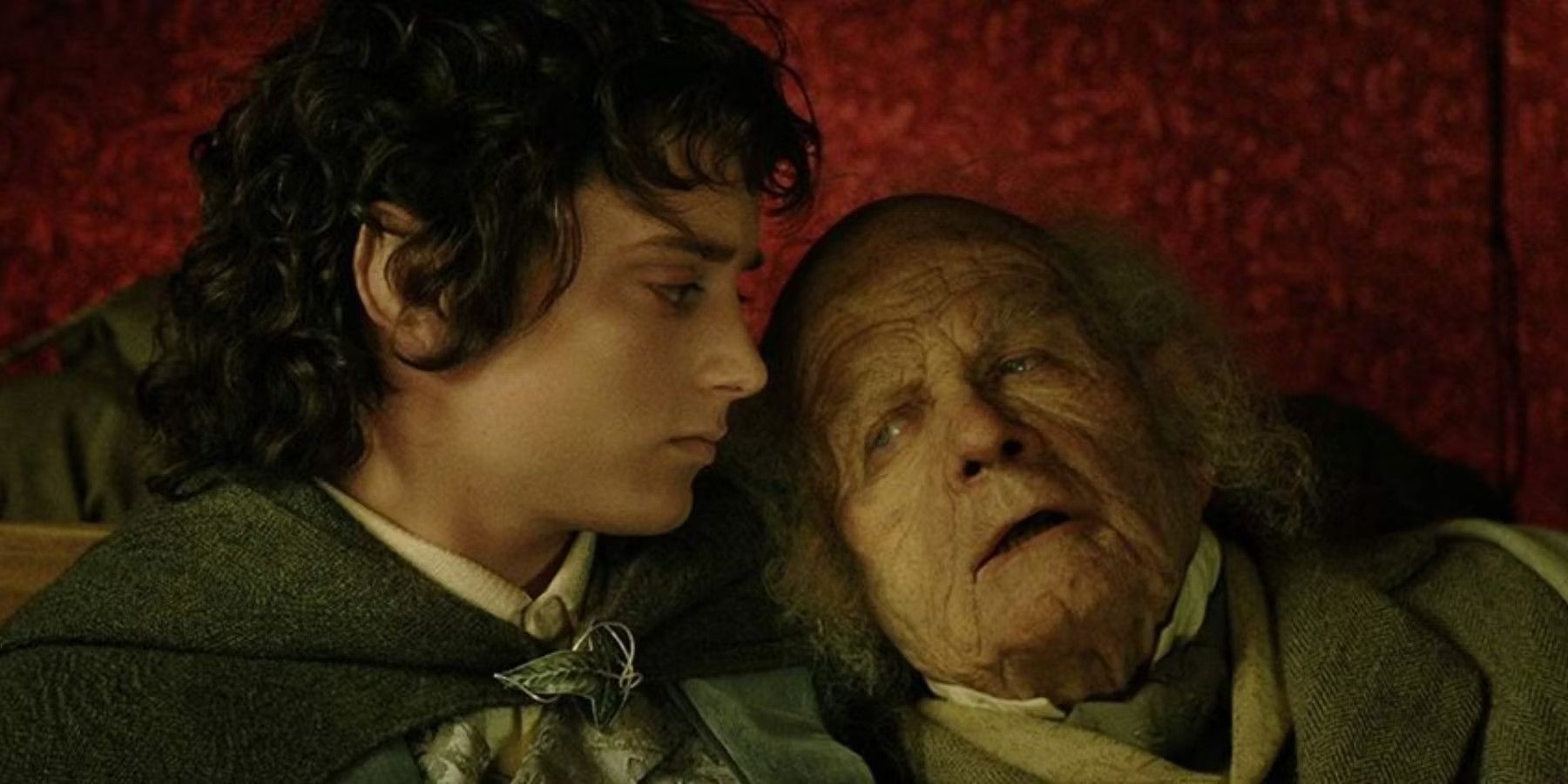





It took J.R.R. Tolkien about 17 years to write The Lord of the Rings books.
Cathleen Blackburn, Baille George Reuel Tolkien, and Michael George Reuel Tolkien are the current owners of the Tolkien estate.
It’s no surprise to long-time fans of Tolkien that he had a penchant for giving interesting and meaningful names to his characters, especially adorning them with multiple names. So imagine what it’s like getting a look into the names of characters before the final edit of The Lord of the Rings. Believe it or not, some of the original drafts of The Fellowship of the Ring have the character that is now known as Frodo Baggins, actually named… Bingo.
At one point, Bingo Baggins was going to be the name of the story’s main ring-carrying hero. Perhaps at the time, Bingo was not yet a popular name for pet dogs, but it certainly is a name that would have aged like milk. Not only was he going to be named Bingo, but his relationship with Bilbo was going to be more direct. Instead of being Bilbo’s nephew, he was written in as his son as well, which may have altered the dynamic between Bilbo and Bingo profoundly. Luckily, Frodo being written as Bilbo’s nephew added a decent enough gap in their relationship so that there was room for some needed mystery between them, so the bigger adventure could be revealed with more punch throughout the story as well as give depth to his relationship with Bilbo.
Frodo Was Originally Pippin’s Name
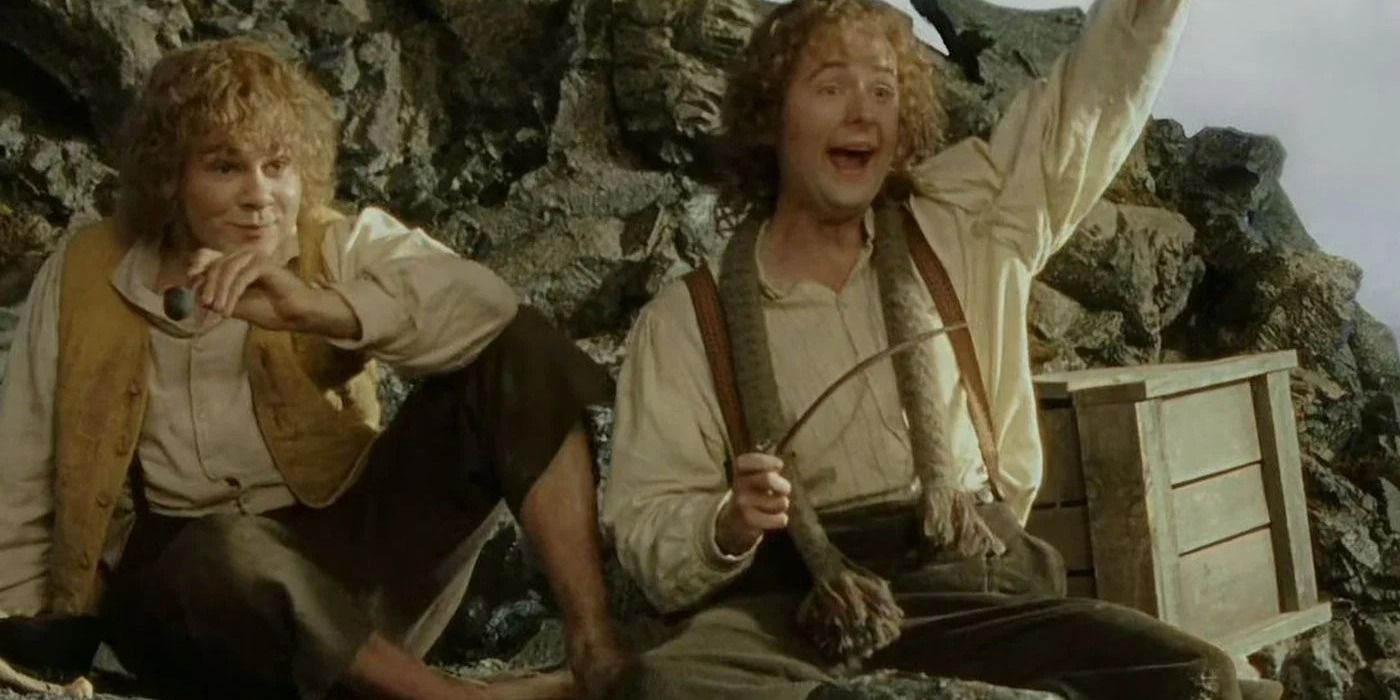
Pippin Took is a second cousin, once removed from Frodo Baggins.
Westron was the language Tolkien fictionally claimed to have translated The Lord of the Rings books from.
Frodo’s etymology comes from Old English; it’s built from the word fród meaning “wise by experience.” Comically enough, but also appropriate, before this name was Frodo’s, it was originally intended for a more light-hearted character, Pippin Took. Considering Pippin does become wise and brave through his experiences throughout The Lord of the Rings books, this original placement would have been an interesting clue to an initial irony that grew into a fitting name by the end for the character. However, Frodo’s overall journey is mainly about gaining wisdom through tough decisions and moral quandaries and less about engaging in combat valor, so Tolkien’s decision to make the switch is ultimately a good one.
It’s interesting to see how many of the layers of the naming processes had, especially considering that all the names written in The Lord of the Rings books are meant for English-speaking readers, and are intended as translations of the languages of the “Real” Middle-earth. For example, Frodo’s actual name in Westron is Maura Labingi, and the names of all others in the story are also wildly different.
The Names Did Not Switch Until Much Later In The Writing Process
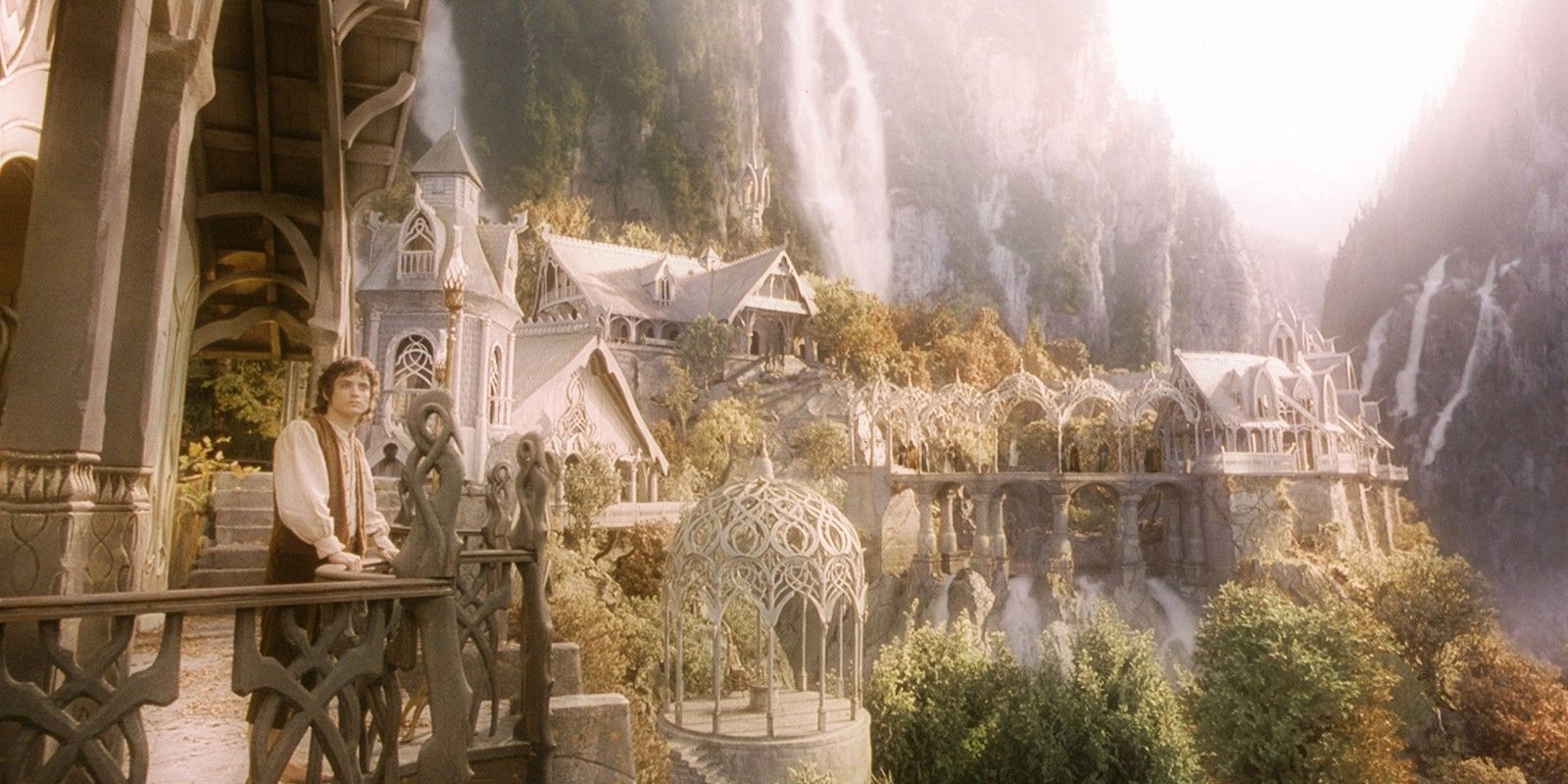
Typically, most prints of The Fellowship of the Ring reach the Rivendell part of the story around page 100 and take place in chapter 2.
Frodo is 50 years old during the events of The Fellowship of the Ring.
The entertaining bit about Frodo’s original name Bingo is that Tolkien kept the name for quite a long way into the writing of The Fellowship of the Ring. Tolkien was already into his third phase of writing and plenty of The Fellowship of the Ring‘s chapters at Rivendell had been structured. In the final drafts, Bingo Baggins is now a distant character in the family tree and is Bilbo Baggins’ uncle. Frodo’s full name and relation to Bilbo didn’t make an obvious appearance until the third draft of the first chapter of Fellowship titled A Long-Expected Party.
Often, writers need a lot of time to stew on their creative decisions before settling on the optimal option. For a trailblazing worldbuilder like Tolkien, who was an academic of language and epic folklore, his vast knowledge made his creative options nearly endless. As ridiculous as Bingo would have been for the now-beloved Frodo, the process of ruling out those options or finding smaller, more peripheral spaces for them in the story is important for enriching the storytelling, rather than subtracting from it. Tolkien could have easily axed the name altogether, but considering the Hobbit family trees are full of funny and charming names, placing Bingo Baggins in the mix as one of Bilbo’s uncles is a fine spot for a name that almost caught the limelight of The Lord of the Rings’ literary triumphs.
